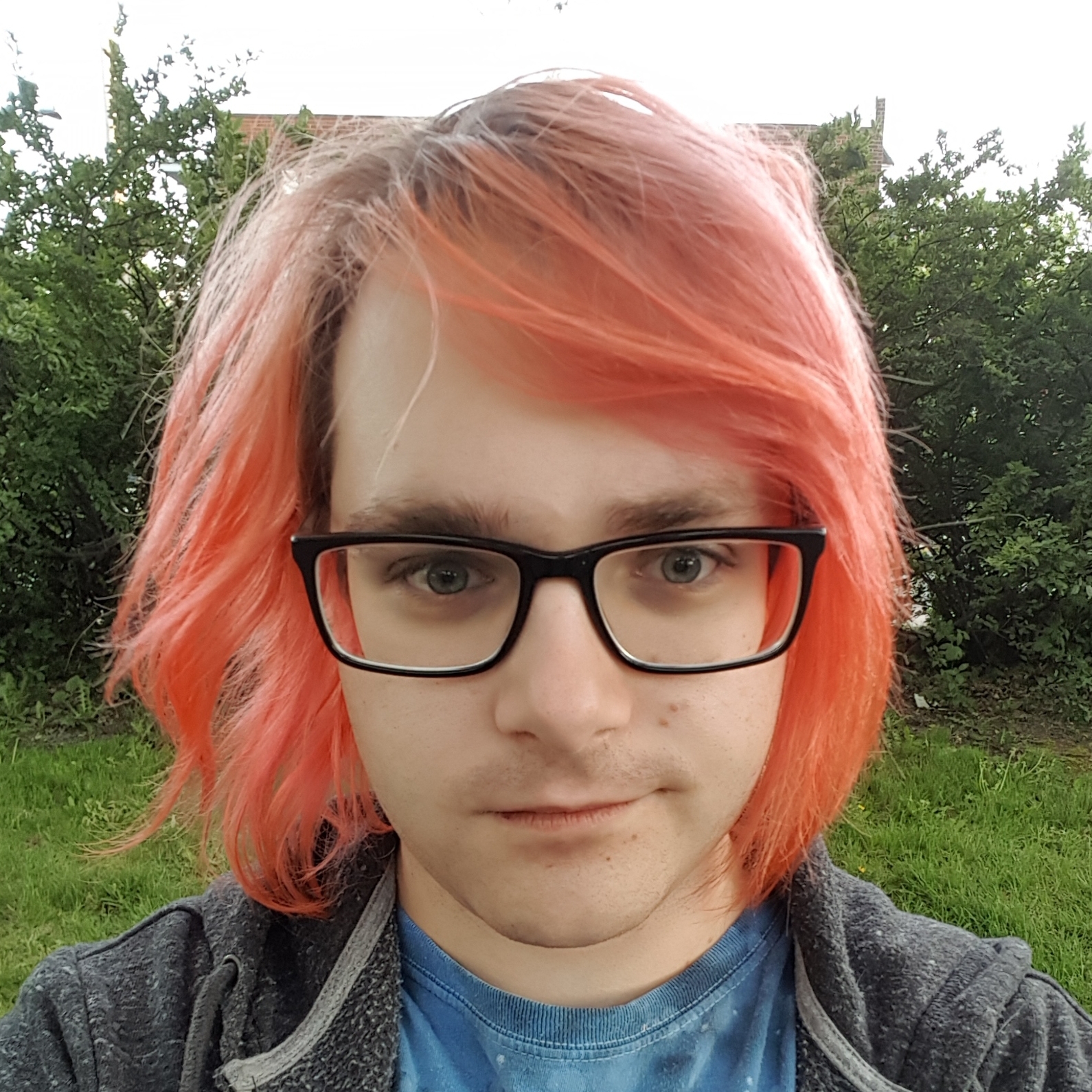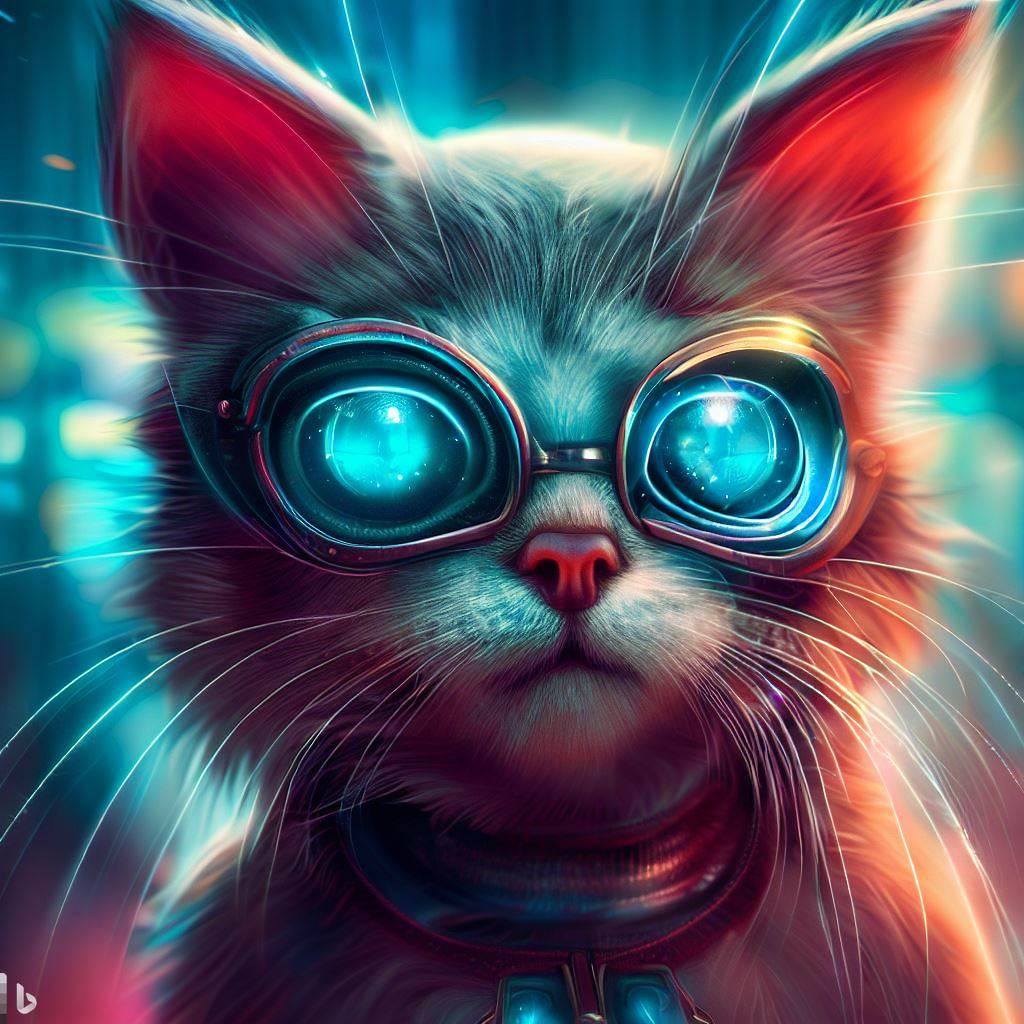Imagine a world without organised religion, where it doesn’t affect people’s lives, but atheism still exists. What purpose would atheism fill in this scenario?
I don’t really understand the question. What purpose does atheism serve now? Who gave it that purpose? Who is the arbiter of such things?
Atheism serves as much purpose in my life as my eye color. It’s just a natural part of me and has been as long as I can remember. If I wasn’t an atheist, I wouldn’t be me.
As far as I can tell, the whole concept of ‘purpose’ when it comes to humanity as a whole is basically a religious one anyway.
If I wasn’t an atheist, I wouldn’t be me.
Atheism thus must have some identity purpose.
What I don’t understand is why it is an identity (apart from opposition to organised religion).
Why does it have to have purpose?
It’s a weird question.
The purpose of religion is to control society through communal beliefs. The sense of “purpose” that adherents are made to feel serves to further that control.
Atheism isn’t a religion and it doesn’t have a purpose.
It isn’t part of my “identity” any more than gravity is.
Atheism doesn’t replace religion… and trying to give it purpose is a little weird. In fact, there are a few atheist religions out there.
Yes, atheism obviously isn’t a religion and I see how it is a weird question. I mean purpose not in a way that resembles devotion or submission, but as an explanation for its existence.
AFAIK, gravity was understood differently before Newtonian physics, right? Different concepts of gravity serve a purpose.
Atheism is the lack of a belief. The lack of believing in gods serves as much purpose as the lack of believing in goblins.
What purpose does the lack of believing in goblins serve?
What purpose does the lack of believing in goblins serve?
Well, personally, my lack of believing in goblins serves my sense of reality. I am extremely sure goblins are made up, so my lack of belief serves my understanding of consistency and coherence of the world. Were goblins real, we likely could interact with them, if I understood them correctly.
IIRC, most religions hold that one cannot interact with their deities directly - so even if theism had just a grain of truth, its truth would be so irrelevant and far from people’s lives (just another level of hierarchy) that I don’t understand how its belief or disbelief affects one’s sense of reality.
That makes no sense. You wouldn’t even know goblins existed if someone hadn’t told you stories about goblins.
Are you so easily swayed that your outlook on reality would have been altered just knowing about the existence of goblins in stories?
Yes, my sense of reality would be altered if one could just write magical beings into interactable existence.
Well, personally, my lack of believing in goblins serves my sense of reality. I am extremely sure goblins are made up, so my lack of belief serves my understanding of consistency and coherence of the world.
You’re so close to getting it!
It feels like you’re coming at this from the position of religiosity being the “default” and non-religiosity being abnormal, which I think is a flawed premise.
What I don’t understand is why it is an identity (apart from opposition to organised religion).
It also feels like you think of atheists as being anti-religion, which is also flawed.
Atheism is an identity only insofar as Christianity is an identity. Christianity isn’t what a person believes, it’s the word we use to describe their beliefs, to give a general idea of their culture. Atheism is just a way to describe the absence of that particular aspect of thought. The labeling isn’t important in and of itself, it’s just an identifier.
Are you suggesting that being atheist is unnatural? What do you mean by “actual purpose?”
Is this a high thought? It sounds like a high thought.
It feels like you’re coming at this from the position of religiosity being the “default” and non-religiosity being abnormal, which I think is a flawed premise.
Yes, that would be a flawed premise, but I hope I am coming from a position of neither being a default for the sake of the discussion.
What I don’t understand is why it is an identity (apart from opposition to organised religion).
It also feels like you think of atheists as being anti-religion, which is also flawed.
Anti-religion is just a subset of atheism; one could frame my question also as what remains in atheism without anti-religion.
Are you suggesting that being atheist is unnatural?
Of course it is unnatural or do you believe apes have strong opinions about theism? Same goes for theism. Naturality is mostly irrelevant for complex sociocultural views, IMO. I find atheism beneficial, though.
Is this a high thought?
I wish.
Are you suggesting that being atheist is unnatural?
Of course it is unnatural or do you believe apes have strong opinions about theism? Same goes for theism. Naturality is mostly irrelevant for complex sociocultural views, IMO. I find atheism beneficial, though.
I think this puts a point on your confusion with the descriptor.
Do you believe ducks are convinced a god exists? If not, they’re atheist.
Are rocks convinced a god exists? I’d argue they aren’t sentient and thus not able to - they’re atheist.
Atheism doesn’t require an act of will, isn’t an identity, it only describes one particular thing (which we have a need to describe as religious people get all tizzy about it), just like “blue”, “tall” or “dizzy”. And to belabour the point, it actually describes the absence of a thing, and thus covers all options but one.
An analogous term for someone not believing in aliens could be analienist, you can be analienist regardless if there are aliens or not (as it only addresses the belief). It doesn’t also mean you’re anything else (like tall, handsome, or mysterious). It doesn’t require you to campaign against aliens, throw rocks at the sky, or go to analienist meetings.
As long as you don’t believe in aliens, you’re analienist.
Heh, anal ienist.
one could frame my question also as what remains in atheism without anti-religion.
A lack of belief in gods. Which is what atheism means. You can be an atheist and pro-religion. My mother is an atheist but still goes to temple every week.
You really need to understand the meaning of the word.
A = lack of
Theism = belief in a god or gods.
That’s all it is. A lack of belief in any gods.
Why must it?
Also, why do you think atheism is an entire atheist’s identity and not just a small part of it? I’m an atheist. I’m also a Trekkie. I’d say Star Trek is a much bigger part of my life than atheism.
Also a much better source of morals (if you don’t think they are innate).
I agree 100%. Star Trek helped teach me about diversity and equality and respect for other cultures. Also the concept of talking things out before guns start going off.
I don’t consider it an identity, but it is a stable state for me: I do not believe in the existence of gods until further notice. This is what I mean when I say “I am an atheist”. It’s a shorthand way to express this stable state about me.
Moreover, opposing organized religion is not the primary reason that I don’t believe in the existence of gods.
No it doesn’t. The only reason I bother calling myself an atheist is because believers keep insisting I have to share their beliefs. If they didn’t, I wouldn’t need the label.
If there were no religions, there would be no atheists. Or everyone would be, but they wouldn’t make up a name for it.
It’s just a title used to differentiate from Jewish, Christian, Muslim, etc. An atheist is the “None of the above” option.
If some people could breathe underwater, we would identify as air breathers, not because of any purpose that it fills, just so people know we don’t breathe underwater.
Atheism isn’t serving a purpose. It’s an evidenced-based reality.
Why do you feel it must serve a purpose?
Without a purpose/function I don’t see how it would still exist.
Because religious people needed a word for the unimaginable absence of their favourite hobby in other people. Non-believer was already used for people who believe differently relative to them, so a different word was made for those who are even worse and defy divinity. It is useful to sum up your stance towards religion for religious folks but indeed carries no meaning in non-religious contexts.
What is termed “militant” atheism, where someone argues against religious ideas or actions, wouldn’t exist because there wouldn’t be anything to argue about. But atheism itself would exist as a default, and already does in reality. No baby is born with a belief in any religion. So the only thing that changes in your hypothetical is the baby never gets indoctrinated with such beliefs.
The word probably wouldnt exist in a world where atheism is the default
…and I wasn’t sure on that and wanted to find out why it wouldn’t exist.
By living, I am antimortality.
If death didn’t exist, what pupose would antimortality have?
Your question is nonsense.
If death didn’t exist, what pupose would antimortality have?
Terror management. Death might still invoke fear if it doesn’t exist (anymore).
The word atheist is just a term for a rejection of a specific proposition. There’s no reason why that would logically need a purpose. We find purpose elsewhere.
Reminding people to demand evidence for claims.
Without organized religion if you still don’t believe in gods, then you are still atheist. There is no purpose, just how things are.
What’s the actual purpose of not believing that pineapples grow on trees? Or not believing that the Moon is made of green cheese? or not believing in any other false statement?
I’m being cheeky to highlight a point: at the core atheism is the belief on a single epistemic statement, “there’s no god out there”. (Or the lack of belief in the opposite statement. Once you go past the “ackshyually” they’re the same deal.)
You don’t need a “purpose” for that.
deleted by creator
Religion gives atheism purpose by opposing religion, for those that even care about religion. I didn’t even care about atheism or religion until US religion started affecting my life, because in Québec religion died in the 70s and is nothing more than a cultural artifact, so atheism is the default and therefore don’t need to identify as an atheist, you have to identify as a religious weirdo.
Atheism doesn’t have a standalone purpose like religion does. Atheism exists purely because religion exists.
None. Atheism isn’t a religion or philosophy. It’s an answer to one question, and only one: do you believe in gods? The answer is “no.”
Where we go from there is up to us.
Atheism A = without theos = god You define a world without a belief in god, so now everyone is an atheist.
For me, it would keep me from being an oxymoron. I make an active effort to test my knowledge and beliefs, and to update my knowledge when previously held beliefs prove either false or unjustified.
And to hold a belief so significant without any proof or evidence would make me a hypocrite.
Imagine a world without organised religion, where it doesn’t affect people’s lives, but atheism still exists.
A near perfect utopia where there isn’t fighting over dumbass fake shit where humanity works together to better itself because there is no person who believes in a god, and nothing beyond this one life so we actually are much more motivated to make it better?
There is no purpose to atheism. It’s simply a lack of a belief in a god. 🤦♂️
You highly overestimate human nature.
Remember, WWI and WWII and Vietnam and a bunch of other modern wars weren’t really fought over religion.





